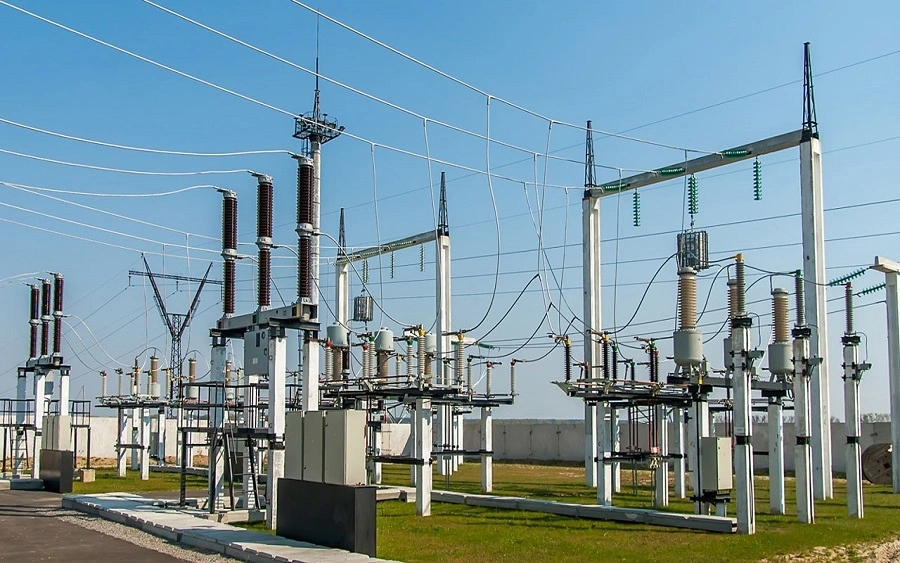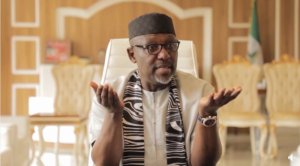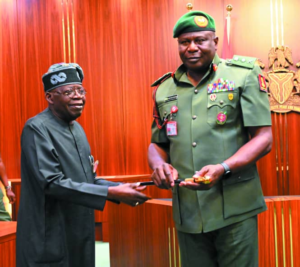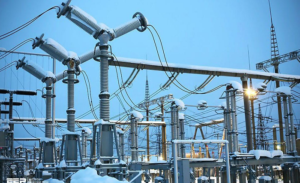
Nigeria’s electricity regulatory body, the Nigerian Electricity Regulatory Commission (NERC), has approved a tariff hike for specific categories of electricity consumers, aimed at reducing subsidies and alleviating pressure on public finances.
Effective immediately, consumers in the Band A classification, who enjoy 20 hours of electricity supply daily, will experience an increase in tariffs from N66 to N225 per kilowatt-hour. This adjustment affects approximately 15% of the total 12 million electricity customers nationwide.
NERC Vice Chairman, Musliu Oseni, disclosed this decision at a press conference in Abuja. He explained that the move aims to rationalize tariffs based on the duration of power supply and ensure fairness across consumer bands.
Additionally, Oseni noted that some customers previously classified under Band A have been downgraded to Band B due to insufficient hours of electricity provided by distribution companies.
The tariff revision excludes consumers in other bands and aims to attract new investments into the sector while reducing the $2.6 billion spent on subsidies. This aligns with President Bola Tinubu’s reform agenda, which seeks to address Nigeria’s perennial power shortages and improve public finances.
The adjustment in electricity tariffs comes alongside an increase in the price of natural gas, used for generating over 70% of Nigeria’s electricity. These measures signal ongoing efforts to address challenges in the electricity sector, including insufficient grid capacity, gas shortages, and debt accumulation.
Despite potential short-term impacts on inflation and living costs, these reforms are essential for enhancing the sustainability and efficiency of Nigeria’s electricity supply, crucial for economic growth and development.






Be First to Comment